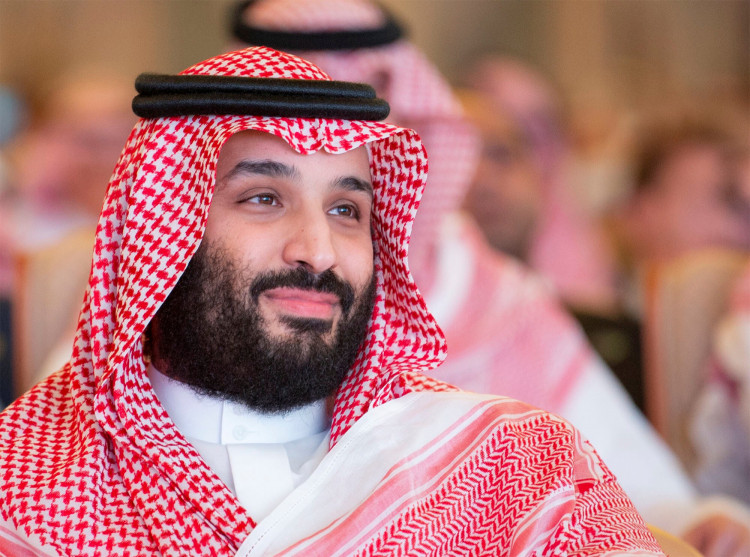On Thursday (Dec. 8), Chinese President Xi Jinping met with Saudi Arabia's influential crown prince on a visit to the Arab world that has drawn criticism from Washington. They reached agreements in the fields of infrastructure and energy.
High-ranking officials in face masks flanked Xi and Crown Prince Mohammed bin Salman, the 37-year-old de facto ruler of the largest oil exporter in the world, when they met at Yamamah Palace in Riyadh, according to state television footage.
According to Saudi state media, agreements worth over $30 billion were being signed on Thursday as China sought to stabilize its COVID-hit economy and Saudi Arabia, a longtime U.S. ally, pushed to diversify its economic and political connections. In addition to a plan to "harmonize" Saudi Arabia's ambitious Vision 2030 economic reform goal with China's trillion-dollar Belt and Road Initiative, they oversaw the signing of energy agreements on hydrogen, according to the official Saudi Press Agency.
The agreements were also for a petrochemicals project, home construction, and Chinese language instruction, according to SPA, though it did not specify their content or monetary value. Earlier, Prince Mohammed greeted Xi with a handshake before the two leaders stood side by side as a brass band played the national anthems of the two nations, as seen on official television.
They continued their conversation as they entered the palace, the king's formal residence and the location of the royal court. According to official media, Xi also met with King Salman, the father of Prince Mohammed, who is 86 years old.
Upon his arrival on Wednesday, Xi declared that since the two nations formed a comprehensive strategic partnership in 2016, bilateral ties with Saudi Arabia have advanced "by leaps and bounds." According to Chinese official media, this "has not only enriched both countries' peoples but promoted regional peace, security, prosperity, and development."
The crown prince seeks the participation of Chinese companies in ambitious mega-projects aimed to diversify the economy away from fossil fuels because he sees China as a crucial partner in his expansive Vision 2030 plan.
According to SPA, the visit this week "will contribute to raising the pace of economic and investment cooperation between the two countries", providing Chinese enterprises and investors with "rewarding returns." This was said by Saudi Arabia's investment minister, Khalid al-Falih.
Xi has only traveled abroad for the third time since the COVID-19 pandemic forced China to close its borders and implement a number of lockdowns, slowing the growth of its enormous economy. His trip follows that of U.S. Vice President Joe Biden, who met Prince Mohammed with a fist bump in July as part of a fruitless effort to persuade the Saudis to increase their oil production.





